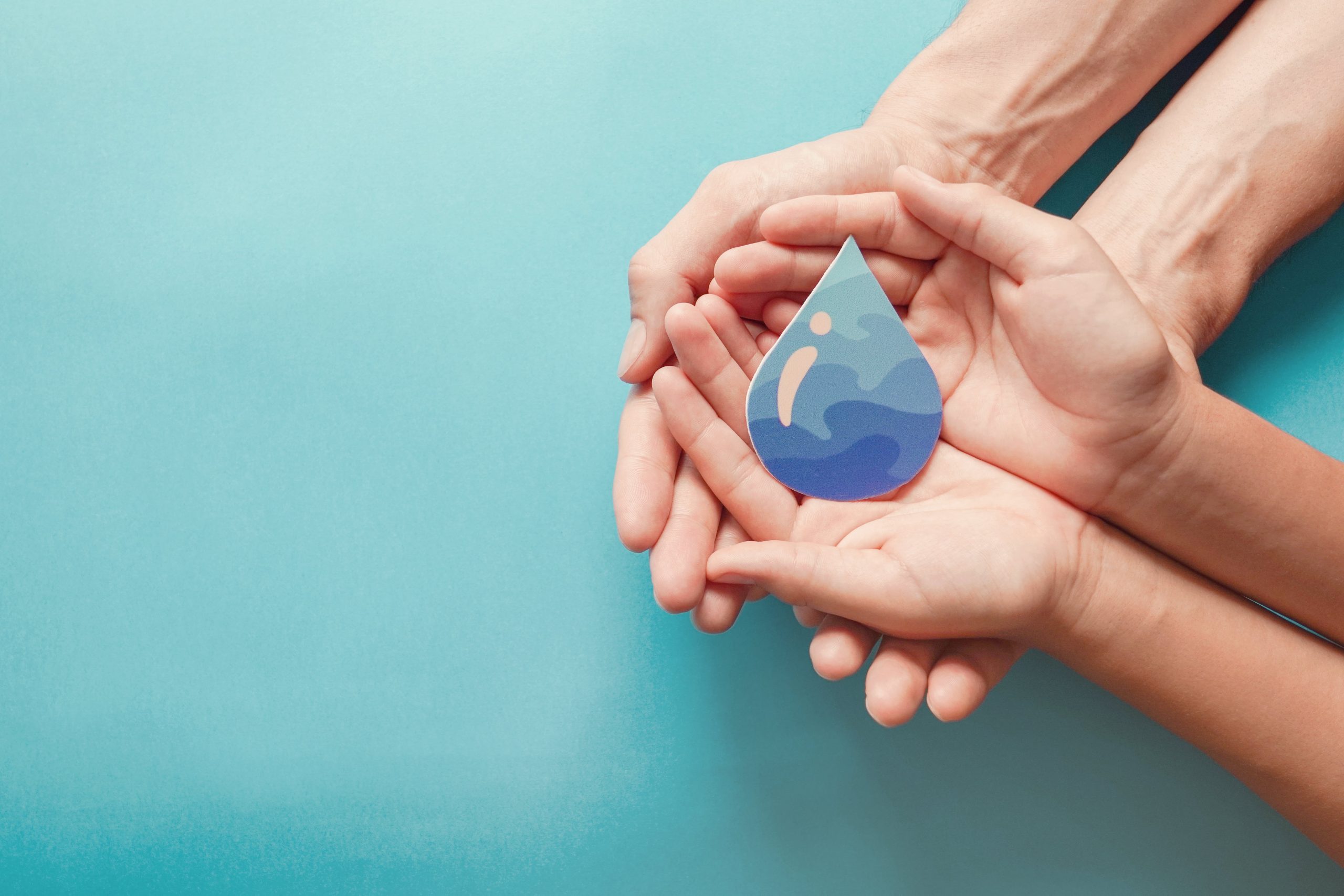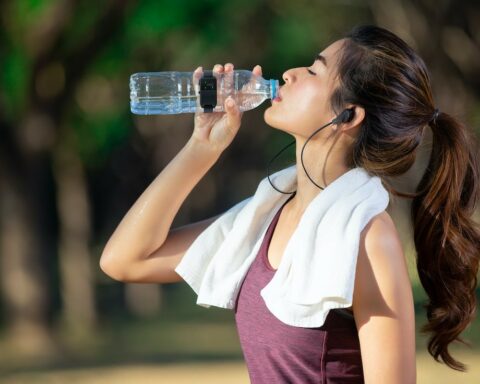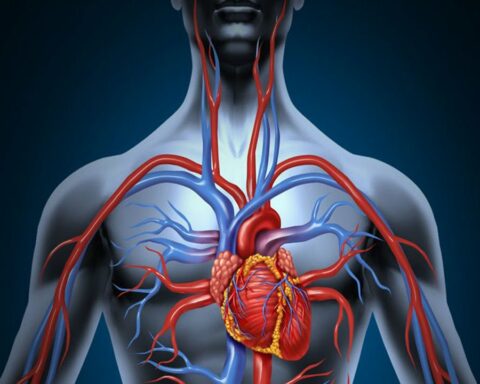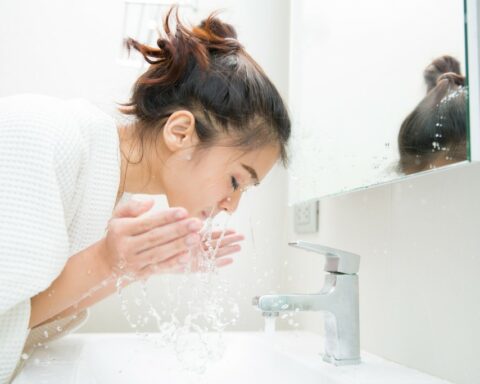Water is the most abundant liquid in the globe. Without water, literally everything can be at a standstill. Water serves numerous functions, ranging from farming to cooking. But the most important bit of water is its role in your health.
It has been long said that water is essential for human health. What is the big deal? This golden substance constitutes to the largest percentage of your body weight and is involved in critical functions, such as supporting and maintaining brain health, regulating body temperature, and eliminating wastes out of the body. Most water you take comes from the beverages you drink, but any food you take also adds up to a small amount. This article discusses the importance of water in your overall health.
Ways of Ensuring You Drink Enough Water Daily
Keeping your body hydrated at all times is very important for your health. It is recommended that you consume a certain amount of water per day for an optimum hydration, unless you are sick or it is indicated that you limit water intake. But how can you make sure that you are always hydrated even if you are outdoor? Fill up a water bottle with clean water and carry it with you wherever you go. This way you will drink whenever thirst strikes. You can also track your water intake. This will make you beat the required amount per day. Drink at least half of your total body weight in ounces. Lastly, strive to drink half of the recommended amount by midday.
How Much Water Is Needed?
This is an obvious question, but its answer is important in keeping you hydrated. You need to be keen on the amount of water you consume per day. It is a common norm for people to drink whenever they feel thirsty, which helps them pace up with their daily water intake. According to the database in the National Academies of Sciences, Engineering, and Medicine, most people meet their need of water (including beverages and foods) in a day by taking about 15 cups of water per day for men, and 11 cups per day for women.
All the food you eat contributes to twenty percent of your daily water intake. The remaining eighty percent is obtained from water and water-based beverages. In the bottom line, men should consume about 3 liters of water from beverages, and women, about 2.12 liters from beverages. Certain factors like living in hotter climates and exercises will demand that you increase your water intake to avoid dehydration. Indications of dehydration, include colored or dark urine and thirst. A clear or pale urine is an indication of proper hydration.
Importance of Water
Helps in the Production of Saliva
Water is the major component of saliva. Saliva is also made up of enzymes, mucus, and electrolytes, but in small amounts. The enzymes in it helps digest starch in solid food. Your oral cavity is also kept healthy with saliva. Production of enough saliva is always determined by the amount and frequency of your fluid intake. However, some factors may decrease the production of saliva, such as certain medical therapies, medications, or age. You may need to see a doctor if your mouth is constantly dry despite regular intake of water.
Controls Your Body Temperature
Proper hydration plays a key role in keeping your body temperature in check. During physical activities much water escapes from your body through sweat. Hot environments also make your body lose water. When you sweat your body temperature is reduced and you are kept cool. However, if you don’t replenish the lost water, the temperature will rise. This is because more electrolytes and plasma are lost when the body is dehydrated. You also need to see a doctor if you keep on sweating more than usual despite proper hydration.
It Cushions Your Tissues, Spinal Cord, and Joints
Your spinal cord is a delicate structure that must be protected and lubricated at all times. Joints also facilitate locomotion, and for ease of movement, the joints need to be lubricated. Consuming enough water is important for the lubrication and protection of your joints, tissues, and spinal cord. That way, you will enjoy physical activities and prevent pain associated with conditions like arthritis.
Help Eliminate Wastes
Wastes can accumulate to toxic levels in your body and harm your health by causing conditions like gout and kidney stones. Your body mostly eliminates wastes through urination, defecation, and perspiration. Water is essential for each of these processes as it carries wastes in urine, feces, and sweat. Your body temperature is regulated when you sweat, especially during physical activities or in hot regions. Replacing lost water through sweat by drinking more water is key. You also need enough water in your body to promote bowel movements and avoid constipation. Your kidneys are also involved in the filtration of wastes from the blood through urination. Proper hydration enhances the function of kidneys, supports its health, and prevent kidney stones.
Optimizes Physical Performance
Physical exercises makeyour body lose more water through sweat, and keeping yourself hydrated during such activities is important. Studies suggest that athletes may lose up to six to ten percent of their body weight while exercising. Besides replenishing lost electrolytes, proper hydration also impacts on your power, strength, and endurance. People who engage in high-intensity exercises or endurance training can be greatly affected negatively if they don’t drink plenty of water. This can lead to serious medical issues, such as hyperthermia and hypotension (low blood pressure). At extreme levels, dehydration can lead to seizures and death.
Water Helps Prevent Constipation
Fiber is celebrated for its effectiveness in preventing constipation. But it’s not the only remedy. Getting plenty of water is important in softening your stool and maintaining bowel movements.
Conclusion
Water is a vital substance in your body. It helps regulate body temperature, prevent constipation, and eliminate waste through urination. Not getting enough water per day can make you get dehydrated and attract serious health conditions like hyperthermia and kidney stones. Men should aim to get 3 liters of water per day while women, 2.12 liters per day.
- How to Manage or Improve Anxiety - September 21, 2023
- The birth of a company - July 29, 2023
- Online Fitness & Nutrition/Personal Training by Rob Powell - July 7, 2023









